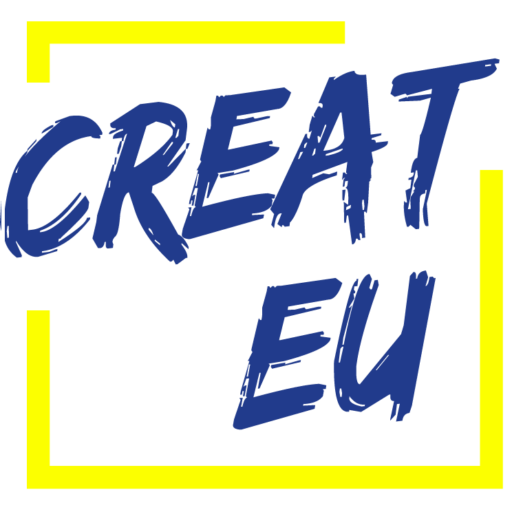To be a sustainable and successful professional within the creative and cultural sector (or in fact any sector) you need to be able to recognize an opportunity when you see one.
Are you still waiting for that creative idea moment when you, just like Archimedes, suddenly will jump up and shout EUREKA! I got it!?
We are sorry, those moments are extraordinary and we can’t let you wait anymore.
There are many myths about the unaided inventor or the alone genius that pops the perfect idea in a magical moment. In reality, it doesn’t work that way. In reality, great ideas come to those who have done the work and prepared for it.
Spotting and creating ideas and opportunities is a handicraft. And like any handicraft, it takes hard work and practice to be good at it. Like all the other competencies needed for entrepreneurship, spotting ideas is something you can practice and train to become better at. For this part, you need to practice recognising gaps, identifying problems and acknowledging your own means. If you practice these things, soon you will be spotting opportunities everywhere you go!
Learn about different things
Research on innovation shows that the single most important factor for innovation and new ideas is knowledge. New ideas are just a combination of two, or more, already existing ideas. The more knowledge you have, preferably within different areas, the more new and innovative ideas you can create.
Besides having a wide knowledge you also need to know enough to be able to understand if there is a gap in the market and a new opportunity. So, how do you obtain all the knowledge you need? Well, you read books, listen to pods, watch tv, follow the news, take a course, talk to people. There are so many ways to get new knowledge, find YOUR way!
Don’t look for ideas, search for problems & needs
For an idea to create value it needs to solve a problem or fulfil a need. So instead of looking for ideas look for what annoys people and what people wish for. Put on the hat of an investigator and ask questions about people’s needs, wishes, problems, and challenges. What are people in your area talking about? What motivates them and makes them engaged? What are their problems and challenges? Where there are problems there are opportunities!
Acknowledge your means
According to effectual entrepreneurship research, serial entrepreneurs create their ideas by asking themselves three questions. Who am I? What do I know? Who do I know?
By basing your ideas on yourself and the resources you already have, in combination with your driving forces and passions, you will increase the chances of your idea being sustainable in both the short and long term.

